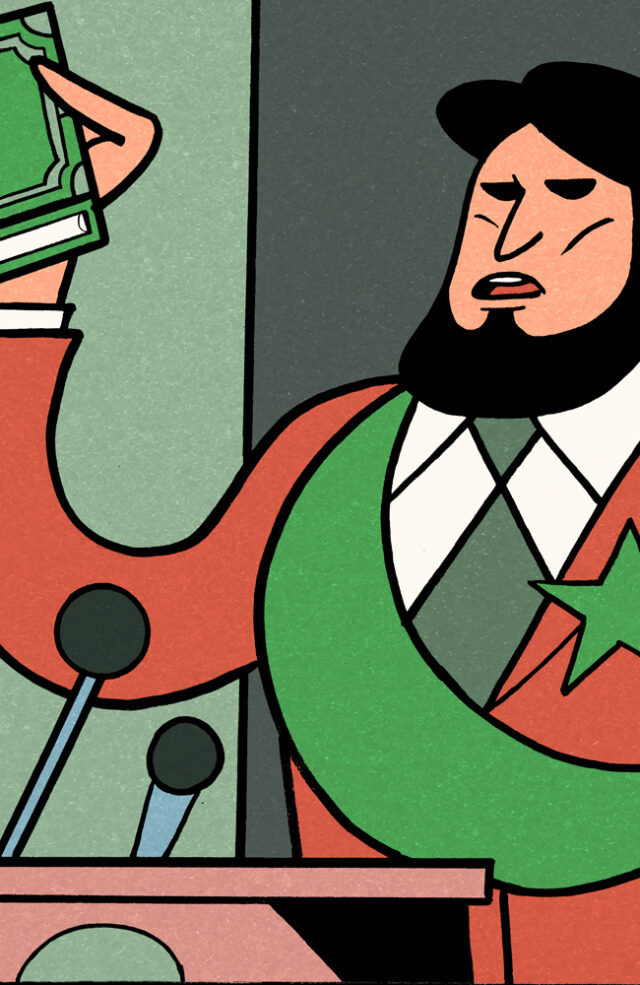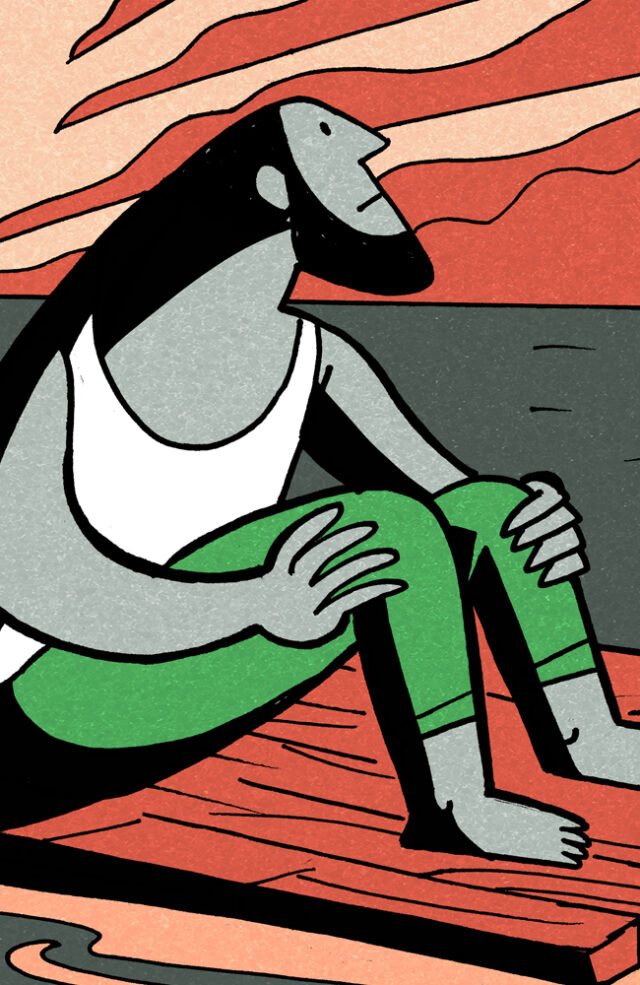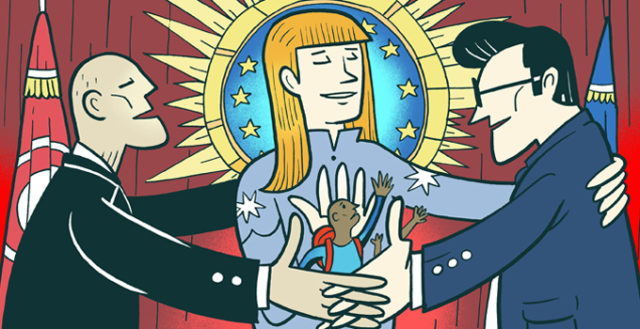Dans le sillage de la Révolution, Ennahdha est devenu l’acteur le plus important de la transition démocratique. Mais aujourd’hui, le choc est rude. Face au brutal revirement autoritaire, le parti est confronté à la crise la plus grave qu’il ait connue depuis des décennies.




